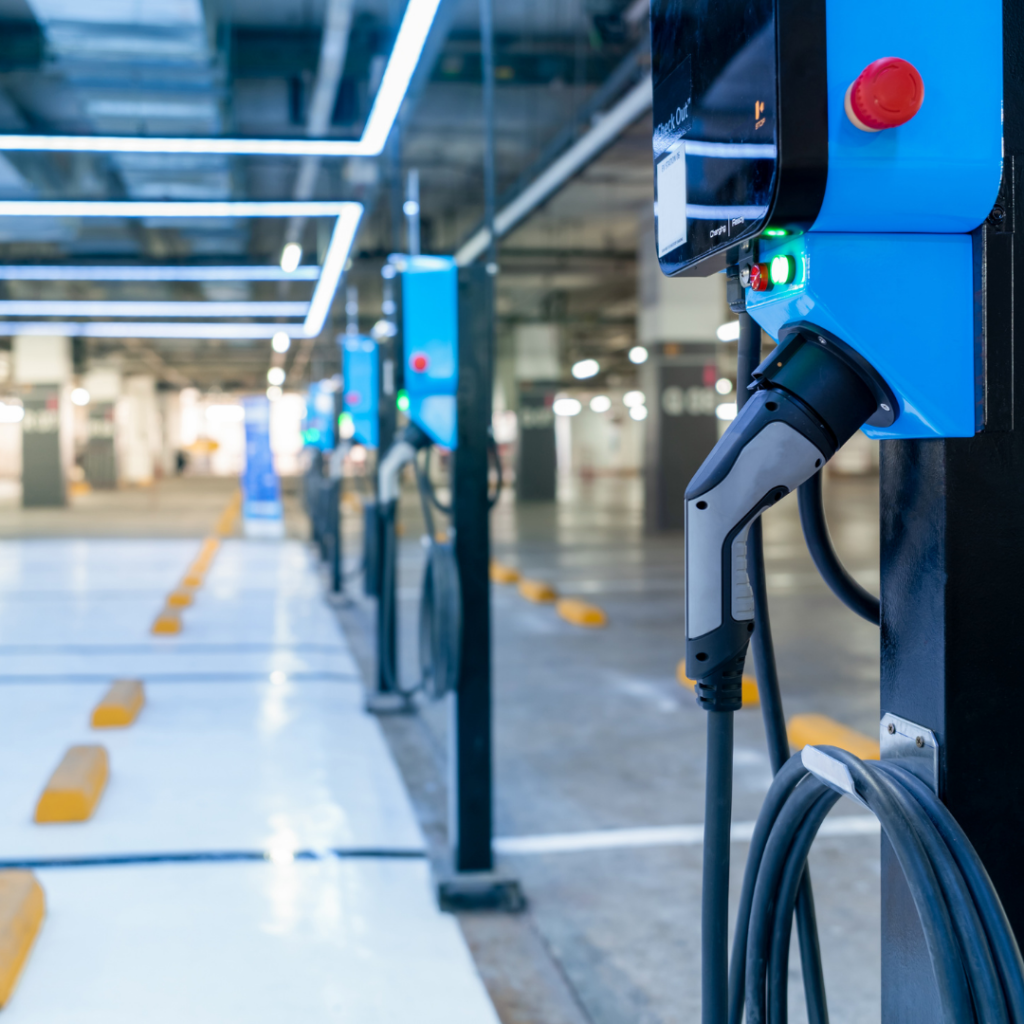As a part of the Bipartisan Infrastructure Law, the Department of Energy (DOE) and Department of Transportation (DOT) will establish a Joint Office of Energy and Transportation. The purpose of the newly established office will be focused on developing, deploying and managing an EV infrastructure network across the United States to ensure the national network provides convenient charging for all. The initial focus will be building a convenient, reliable public charging network that can build public confidence, with a focus on filling gaps in rural, disadvantaged, and hard-to-reach locations.
The Bipartisan Infrastructure Law makes the most transformative investment in electric vehicle charging in U.S. history. The plan calls for a network of 500,000 chargers with a goal of making EVs accessible to all Americas for both local and long-distance trips. Included in the Bipartisan Infrastructure Law is $5 billion in formula funding for states with a goal to build a national charging network. An additional $2.5 billion is provided for through a competitive grant program that will support innovative approaches and ensure that charger deployment meets Administration priorities such as supporting rural charging, improving local air quality and increasing EV charging access in disadvantaged communities.
The overall goal of the network is to accelerate adoption of electric vehicles for private consumers and commercial fleets by making charging easier and more convenient for those who may not be able to reliably charge at their home. Additional benefits of the expanded network will be improved air quality, reduced emissions, and a path to net-zero emissions by 2050.
The current network of over 100,000 public chargers operates with different plug types, payment options, data availability, and hardware hookups. The newly formed task force will establish a more uniform approach, providing greater convenience for customers and increasing industry confidence.
Additionally, the Bipartisan Infrastructure Law hopes to increase domestic manufacturing of EV batteries and components and advance environmentally responsible domestic sourcing and recycling of critical minerals. The law includes more than $7 billion in funding to accelerate innovations and facilities across the battery supply chain from battery materials refining, processing, and manufacturing to battery manufacturing, including components, to battery recycling and reuse. These investments will support the development of a North American battery supply chain, help expand manufacturing and recycling facilities in the United States and substantially advance the battery recycling through research, development and demonstration projects in collaboration with retailers as well as state and local governments.
More information can be found here.
